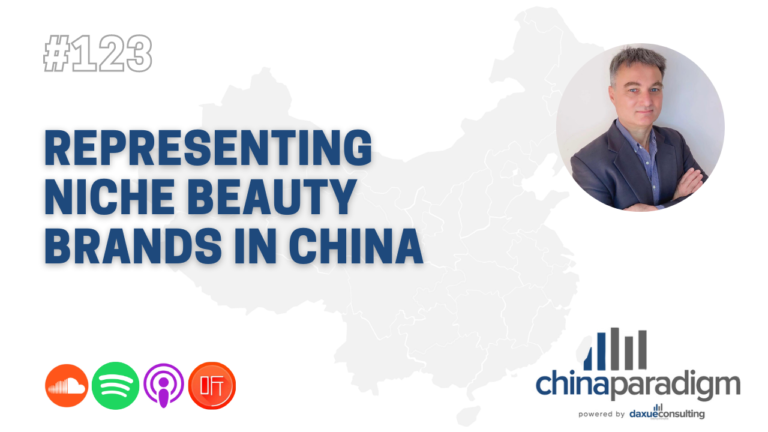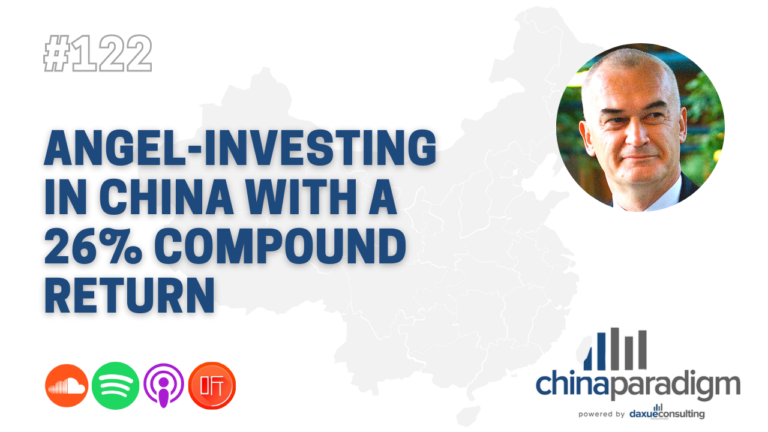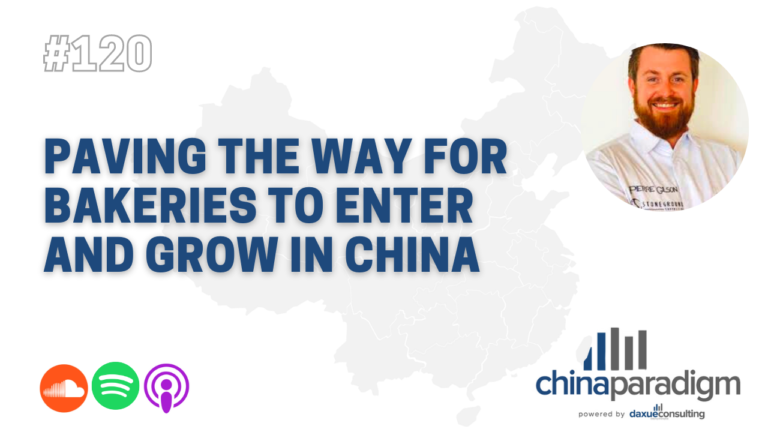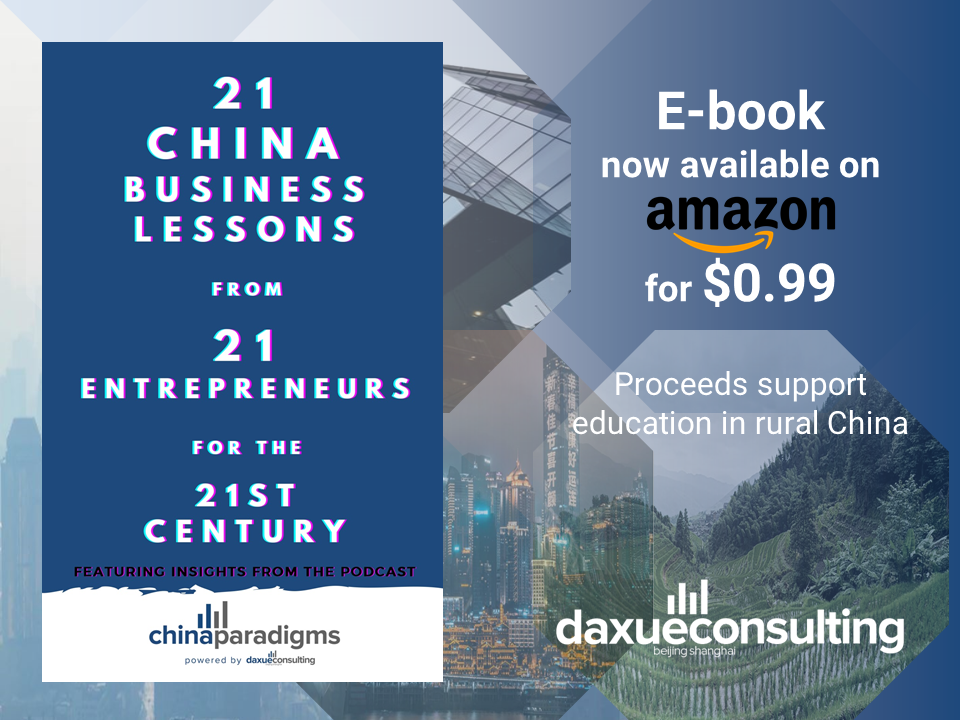China Paradigm interviewed Gordon Dumoulin, the founder of Dumoco Corporation and co-founder of Easton Bridge Education. In this podcast, you will learn about natural ingredients and herbal medicine in China as well as how Dumoulin started, together with his wife, to engage in English teaching in Beijing.
The development of the TCM market: a sizeable global industry
The development of the TCM market is bigger than what people tend to imagine. In 2017, China’s TCM sector amounted to almost RMB 810 billion of which nearly 20% was intended for export. Gordon Dumoulin explains that Chinese natural ingredients are not only used for TCM but that they are also the ingredients that compose most powder for supplements, herbal teas as well as diverse beauty products (learn more about the cosmetic market in China and China’s TCM market). The consumption of herbal medicine in China and more generally of herbal ingredients is part of the culture and customs.
‘Even many Chinese people will not have a straight answer to why they do that (eat seeds after dinner). For them, it is just a tradition but, in general, food in China is much more closely related to health than in the West’

Dumoulin’s company operates in this market and benefit from the development of the natural ingredients sector worldwide. As the destinations of export often require the ingredients to meet certain standards, Dumoulin’s companies also specialized in advising and consulting Chinese farms for their quality control. These products can then be shipped to Europe where they will be sold in pharmacies and supermarkets for instance.

Taking the time to discover and understand the local market
When Gordon Dumoulin arrived in China, relatives started asking him for diverse Chinese ingredients. Understanding the potential of this market, our guest started to implement exporting Chinese herbs to Europe plan. With initially only a little knowledge in this sector, Dumoulin’s story is the perfect example of successful entrepreneurship in China. After on the field learning and spending time visiting the many regions in China, Dumoulin acquired the necessary information to understand the complexity of doing business in China.
He explains that businesses that want to operate in China either need to find the right partners or be ready to invest a lot of time to understand the culture by reading books, learning local business approaches, or traveling in the country. Accordingly, Gordon Dumoulin, during the year he launched his business, spent nearly 70% of his time in night trains to go visit companies and farms in the countryside of China. Acquiring knowledge and understanding of the business culture should not be neglected by entrepreneurs desiring to enter the Chinese market.
China private education: English teaching in Beijing
Besides his natural ingredient business, Gordon Dumoulin is also the co-founder of an English teaching institute in Beijing – a flourishing market in China. According to the statistics published by the Chinese Ministry of Education, in 2018, private schools accounted for nearly 36% of the total schools in the country. During the same year, 53.78 million students were registered in private institutes thus representing a 5% year-on-year increase. With China’s growing international interests, parents are willing to offer their kids with the best-suited education. Thus, English centers have become increasingly popular among the Chinese middle-class that are willing to spend between 1 and 1.5 thousand USD for 60 hours of teaching (learn more about English teaching in China).
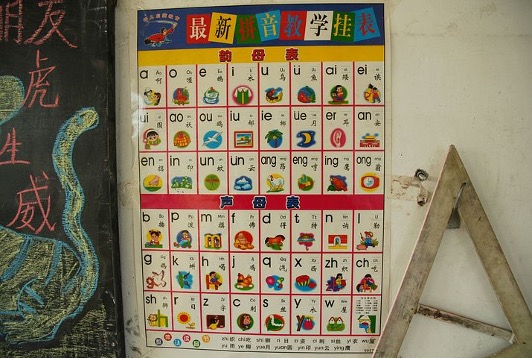
In Dumoulin’s school, the teaching leaves space for creativity and self-expression. This is maybe an early illustration of the willingness of Chinese to shift toward an education system focusing more on analytical skills and less on an information-packed education system.
Related reading: Distribute supplements from France to China, spread the concept of health in the meantime
Listen to this episode here:






